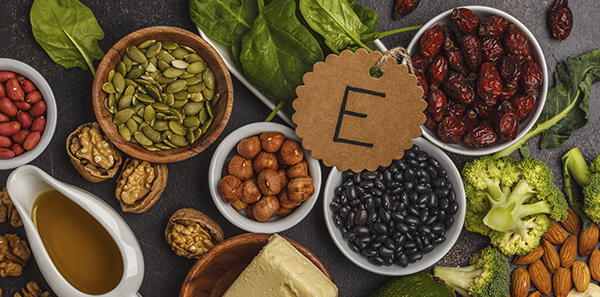
Vitamin E is a fat-soluble vitamin. It doesn’t dissolve in water and isn’t removed in urine. It’s primarily stored in the liver and fatty tissues.
It’s a powerful antioxidant that protects the body against free radicals. It also plays a fundamental role in cell metabolism. Vitamin E is the most important fat-soluble antioxidant in the body’s tissues. It helps in the formation of red blood cells and protects the immune system.
The main food sources of vitamin E are vegetable oils, especially sunflower, corn, wheat germ and soybean. It’s also found in sunflower seeds, peanuts and walnuts. In terms of vegetables, the richest in vitamin E are green leafy vegetables, especially broccoli and spinach.
It’s a component of many vitamin-enriched foods. Care must be taken with how much vitamin E is ingested, as too much can produce side effects (but not the amount consumed in natural foods). The approximate daily recommended intake is 15 mg in adults and 5 mg in children.
Vitamin E deficiency can lead to red blood cell destruction and anaemia. An excessive dose can affect circulation, especially in the brain, increasing the risk of stroke.












